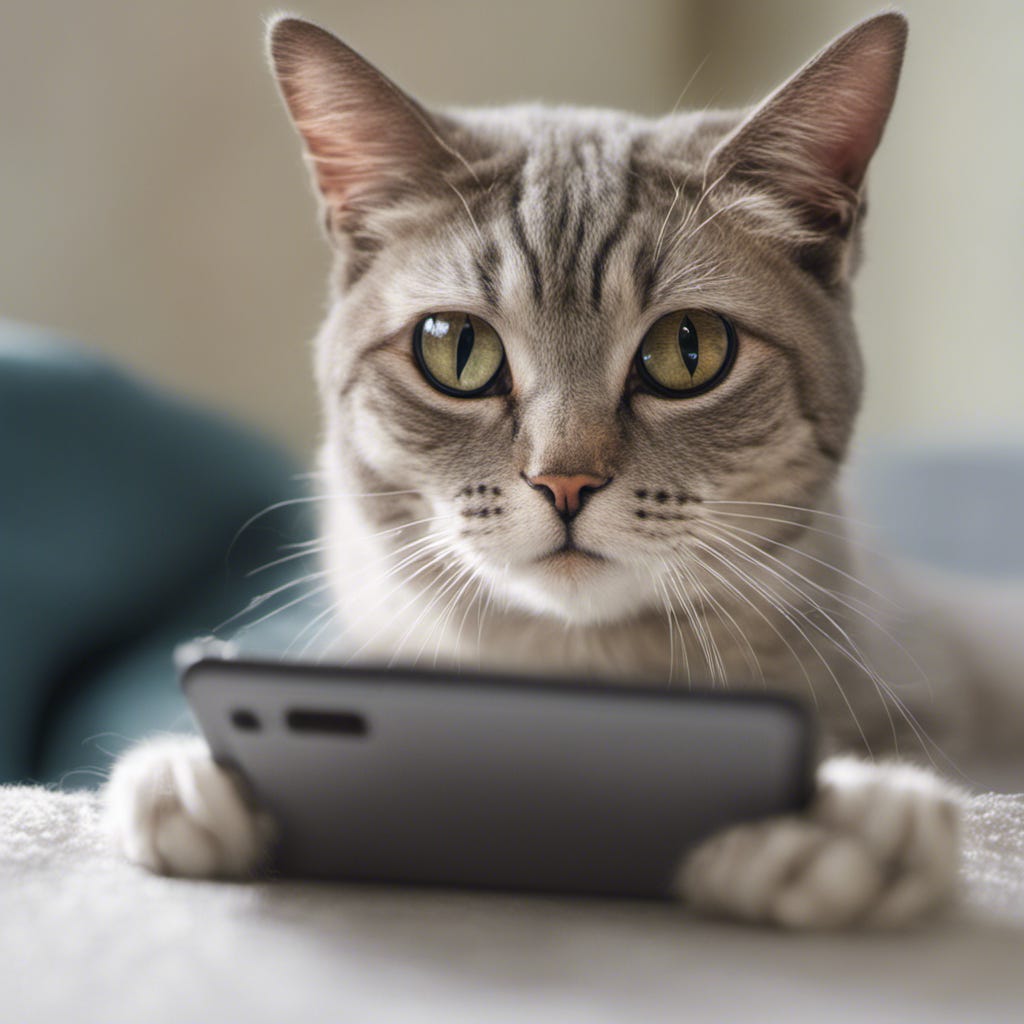How artists contribute to social media addictions
Artists are unwitting contributors to the facilitation of behavioural addictions.
If you are not a subscriber of The Fanbase Builder, join the dozens of artists, creators and music industry executives who receive it for free.
Let’s dive into today’s topic:
How artists contribute to social media addictions
Artists play a substantial role in perpetuating social media addiction through their content.
Why it matters
Social media addiction is driven by the compulsive urge to use social media, to the extent that it impairs other important life areas. Research consistently indicates that excessive social media use contributes to anxiety, depression, and overall negative impacts on mental health. Despite the awareness that reducing social media engagement can lead to increased happiness, the fear of social isolation often hinders such efforts.
While social media addiction is recognised as a significant societal issue, artists play a substantial role in perpetuating this addiction through their content.
How it works
Major media platforms, such as Instagram and TikTok, heavily depend on content creators, like artists, to attract and retain users. In exchange, these platforms provide artists with the opportunity to reach a target audience and build a fanbase.
Although the adverse effects of excessive social media use on mental health are acknowledged, platforms continue to design experiences that are highly addictive. The constant positive affirmations, like likes, follows, and algorithmically curated content, trigger dopamine releases, fostering addiction.
Artists contribute to this addictive cycle by creating content that generates a fear of missing out (FOMO). They build anticipation for upcoming events or reminisce with content that inadvertently makes fans feel they've missed out. Some artists prioritise pleasing algorithms over genuine creativity. By actively using and regularly uploading content to social media platforms, artists become unwitting contributors to the facilitation of behavioural addictions.
Yes, but..
Blaming artists alone oversimplifies the issue. When artists withdraw from contributing to social media, they can be swiftly replaced by other creators. Real solutions involve enhancing media literacy for users, implementing legislation addressing addictive user experience designs, and holding platforms accountable for their contributions to addiction.
Take action now
Don’t worry, I don’t think artists should stop using social media. Instead, artists should be more mindful of how their content influences their fan's media consumption. Artists can focus on creating safe communities around their artist brand’s values, creating content with genuine value for their fans, and exploring less addictive platforms to build meaningful relationships with their audience.
Further reading
Social Media Addiction (Addiction Center)
Our Social Media Addiction (Harvard Business Review)
Honestly, it's probably the phones (Noahpinion)
Yet Another High-Quality Study Suggests You'd Be Happier If You Quit Social Media (Inc)
Electronic music's social media dilemma (Future Filter)


